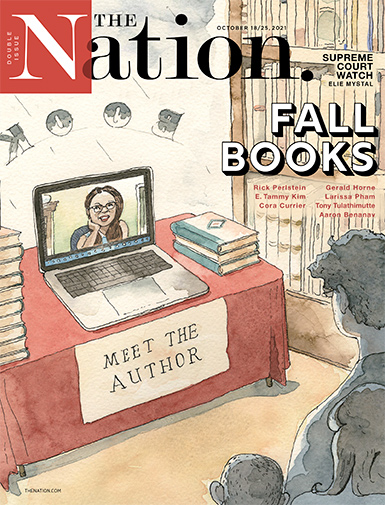When Free Doesn’t Mean Fair for Community College When Free Doesn’t Mean Fair for Community College
Obama's initiative is a step forward, but community colleges and the students they teach need much more: an end to the disinvestment of our public education system.
Jan 12, 2015 / Blog / Michelle Chen
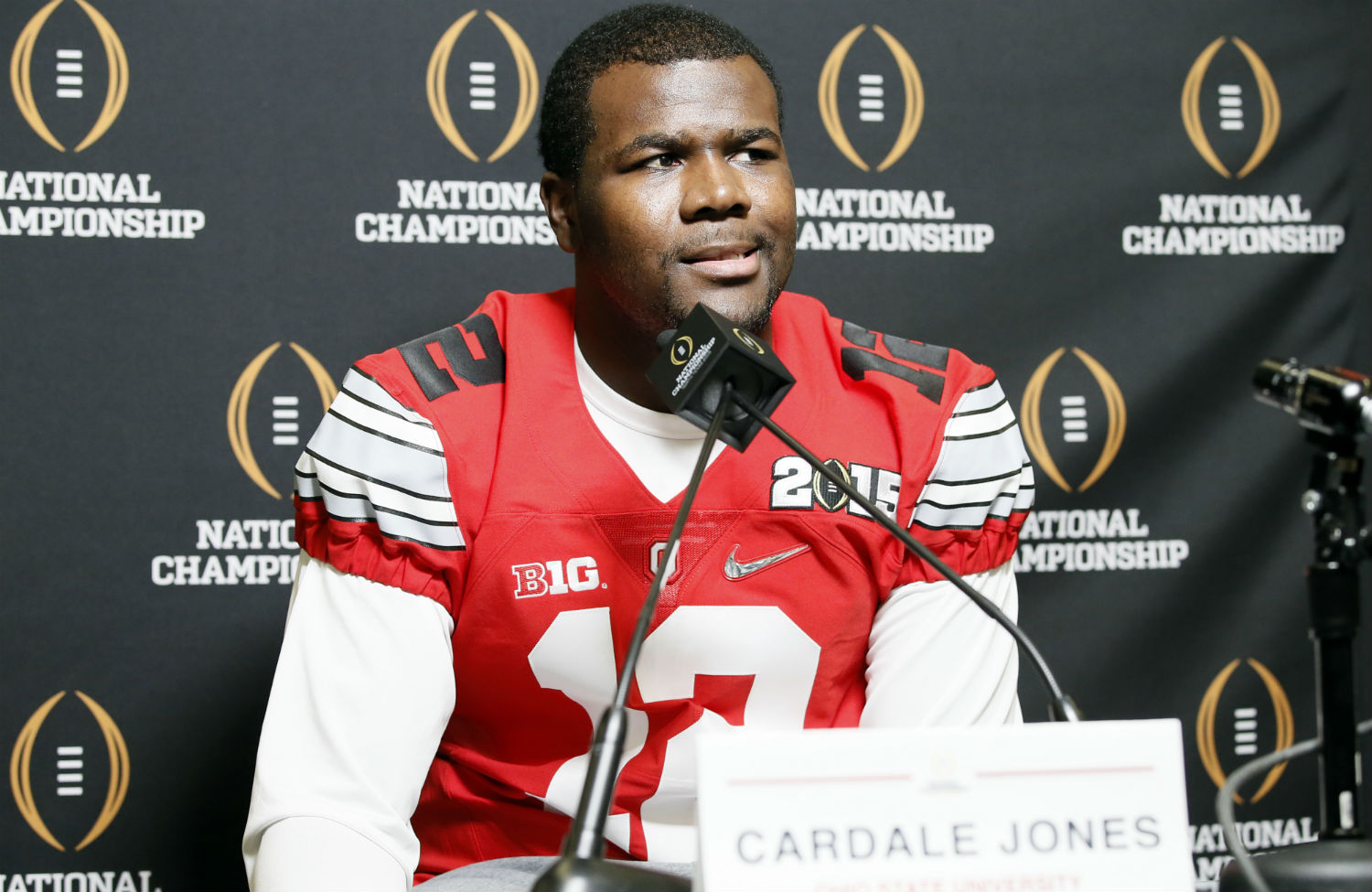
On Naked Emperors and College Football’s Championship On Naked Emperors and College Football’s Championship
Ohio State and Oregon will play for the college football title, with little regard for the effect on their academic mission.
Jan 12, 2015 / Blog / Dave Zirin

Did Obama Just Introduce a ‘Public Option’ for Higher Education? Did Obama Just Introduce a ‘Public Option’ for Higher Education?
The president’s plan to make two years of community college free for some students could solve some of higher education’s most intractable problems.
Jan 9, 2015 / Mike Konczal

Standardized Tests Are Weakening Our Democracy Standardized Tests Are Weakening Our Democracy
In The Tyranny of the Meritocracy, Lani Guinier argues that the SATs have become “accurate reflectors of wealth and little else.”
Jan 6, 2015 / Richard D. Kahlenberg
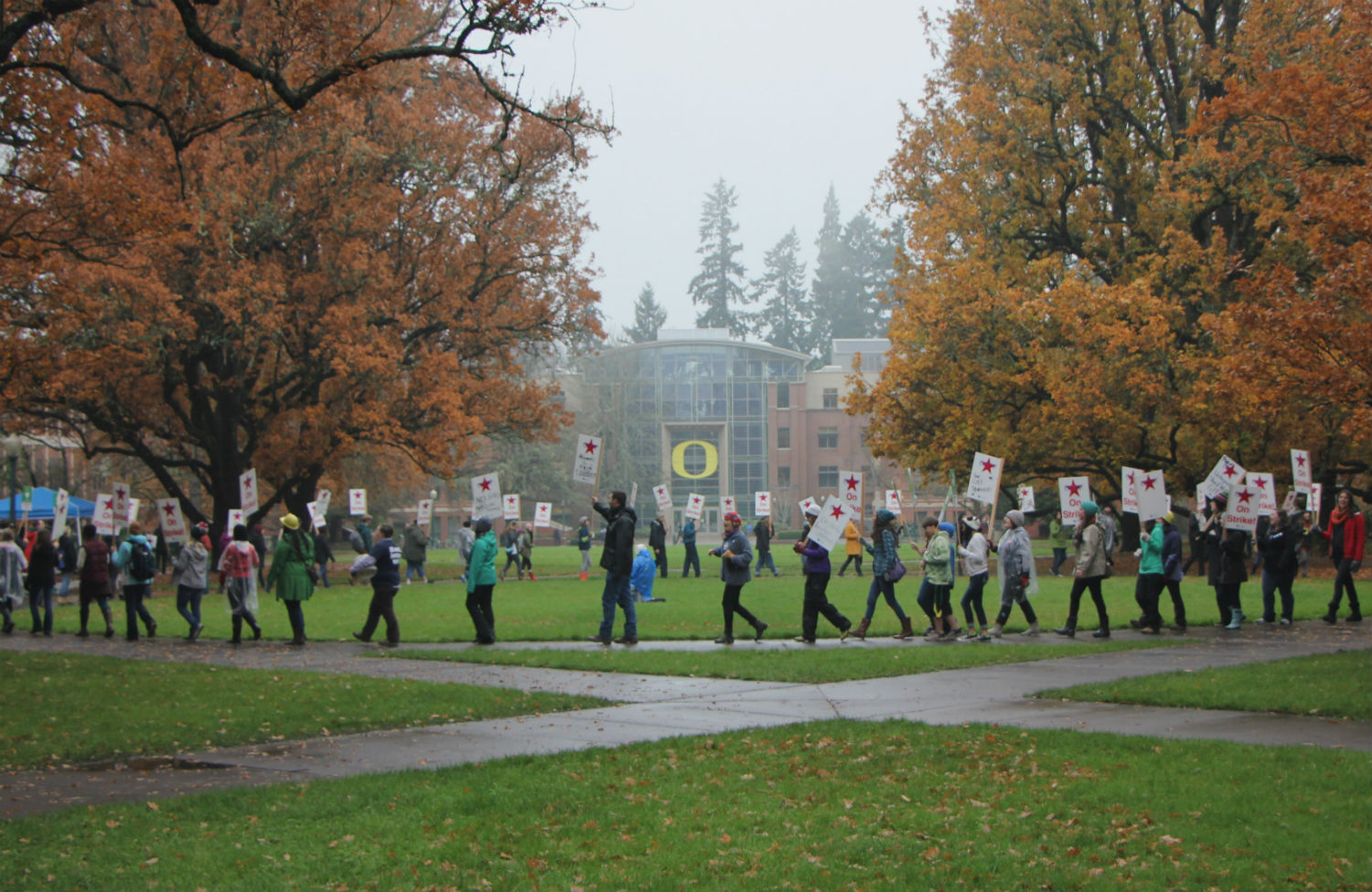
How Did These Graduate Students Improve Their Working Conditions? They Went on Strike! How Did These Graduate Students Improve Their Working Conditions? They Went on Strike!
At the University of Oregon, campus organizing took on a new meaning when graduate workers went on the picket line.
Dec 12, 2014 / Blog / Michelle Chen
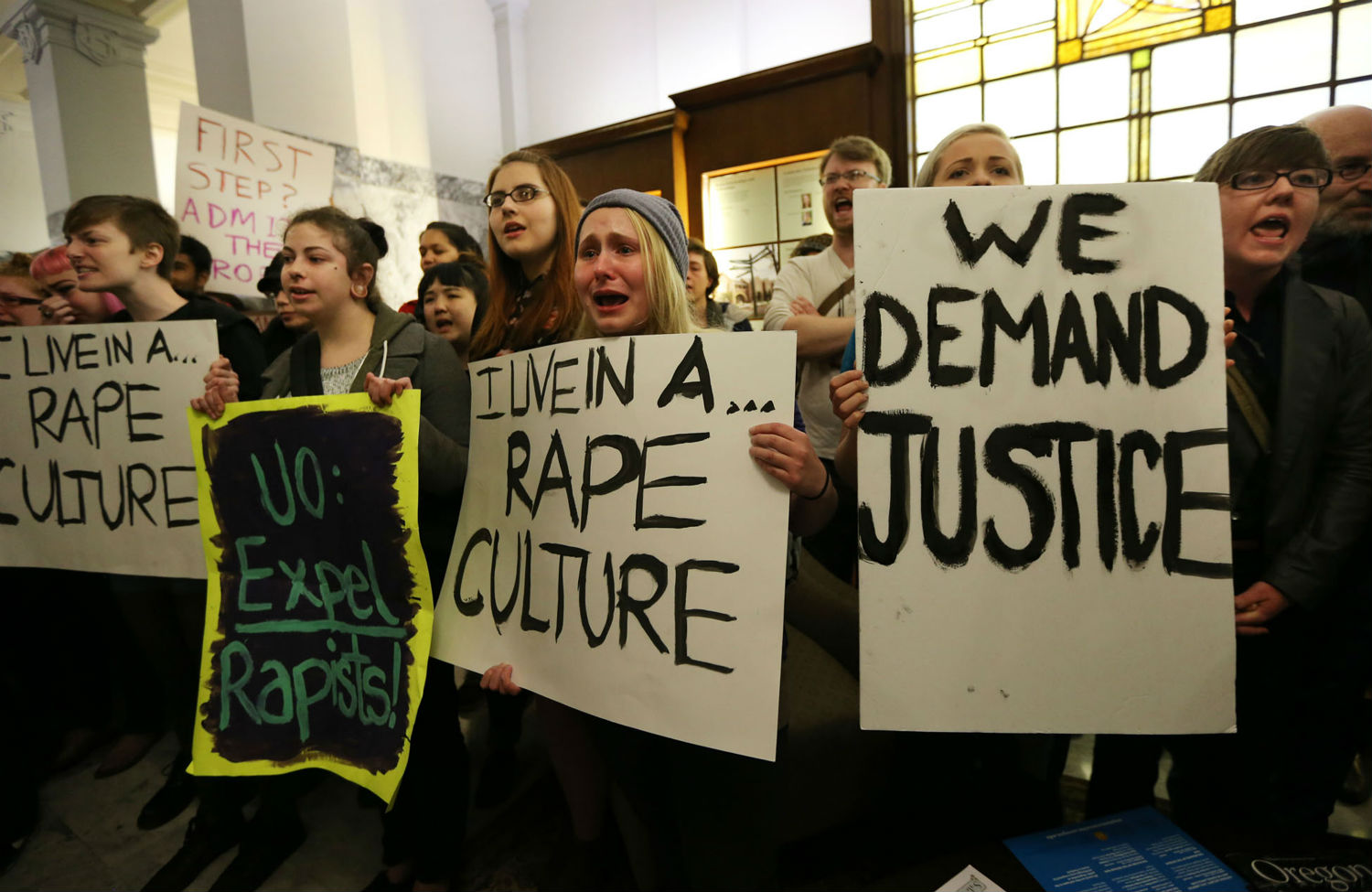
Whom Should College Students Really Call When They Are Sexually Assaulted on Campus? Whom Should College Students Really Call When They Are Sexually Assaulted on Campus?
At a Senate hearing, Kirsten Gillibrand says that “survivors have lost trust in law enforcement”—but can they trust their colleges either?
Dec 10, 2014 / Blog / Zoë Carpenter
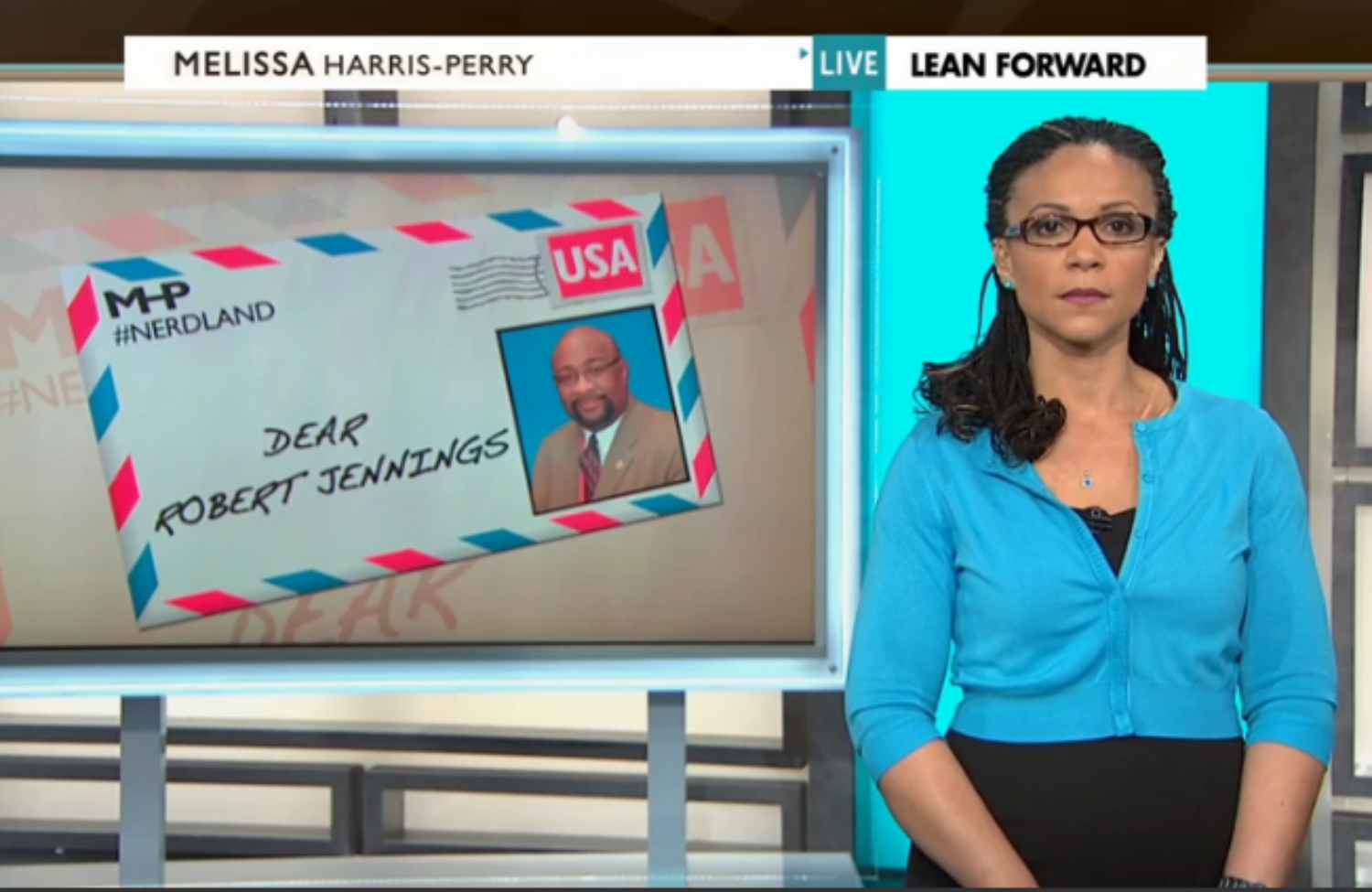
Why Are Some Colleges Still Blaming the Victims in Sexual Assault Cases? Why Are Some Colleges Still Blaming the Victims in Sexual Assault Cases?
Melissa Harris-Perry explains just how serious this attitude toward sexual violence really is.
Nov 20, 2014 / Blog / Melissa Harris-Perry
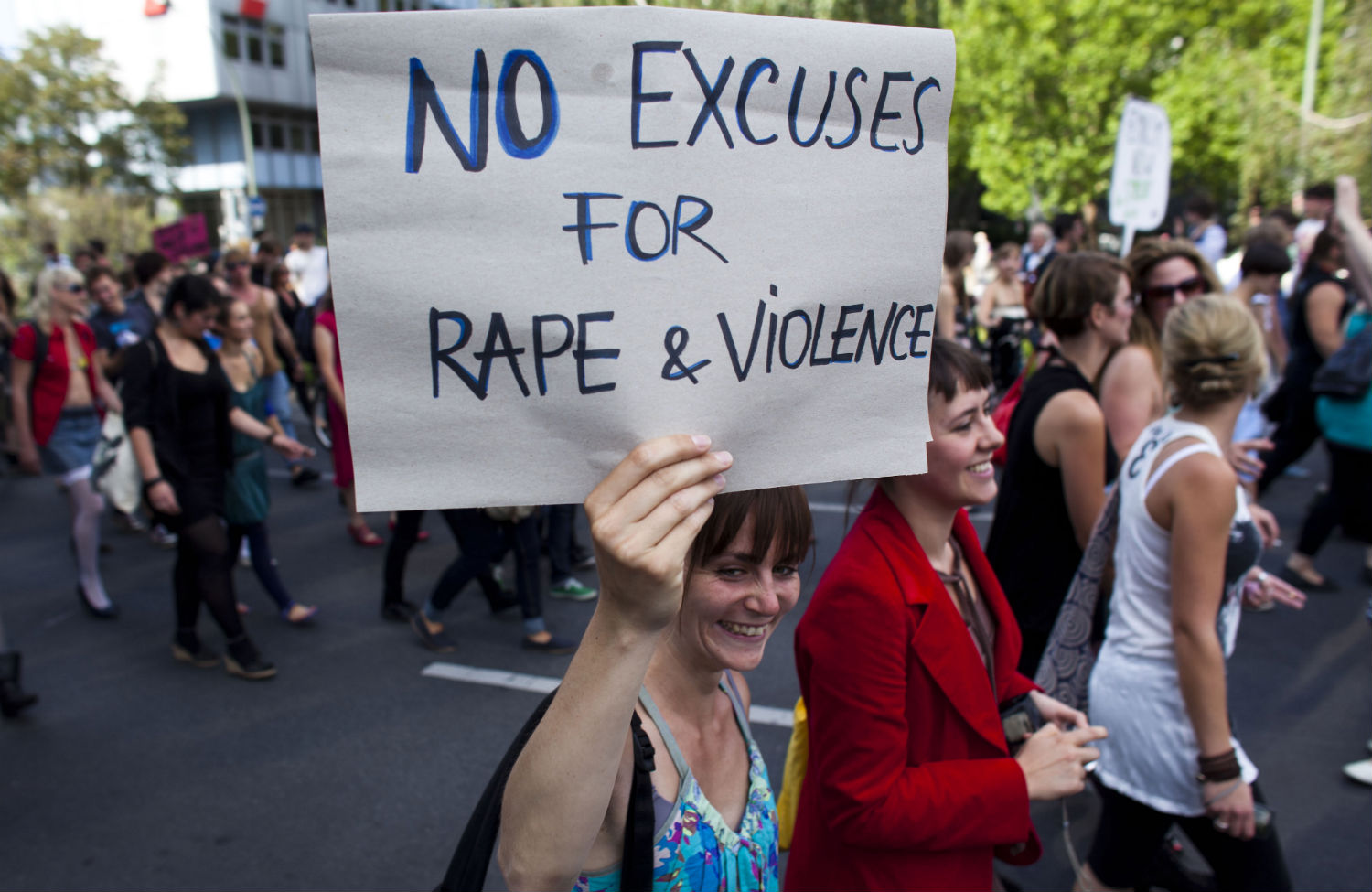
Questions About California’s New Campus Rape Law Questions About California’s New Campus Rape Law
Taken literally, California’s new law mandating an affirmative consent standard on college campuses could redefine a lot of consensual sex as rape. Should we be worried?
Sep 29, 2014 / Blog / Michelle Goldberg

Why Involving Bystanders Isn’t Enough to Combat Sexual Assault Why Involving Bystanders Isn’t Enough to Combat Sexual Assault
Activists say the Obama Administration’s “It’s On Us” campaign falls short of what’s needed to end campus sexual assault.
Sep 24, 2014 / Blog / Dani McClain
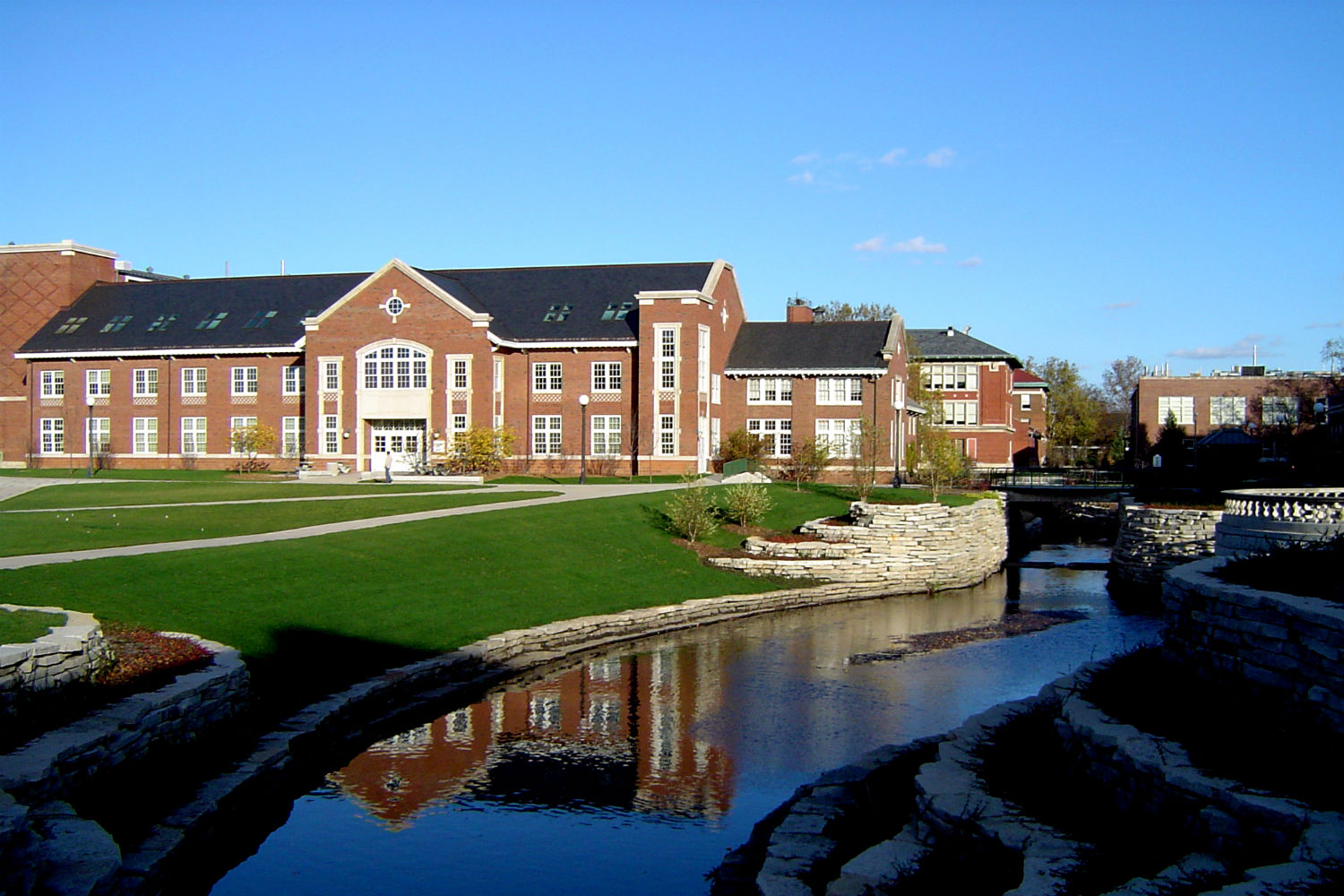
‘Unhiring’ Steven Salaita ‘Unhiring’ Steven Salaita
In early August, the website Inside Higher Ed reported that at the University of Illinois at Urbana-Champaign (UIUC), an official offer of a tenured professorial appointment had been rescinded by a top administrative officer. That alone would have been unusual, but concerns grew after sources close to the decision-making process reported that Chancellor Phyllis Wise was responding to calls and e-mails about Professor Steven Salaita’s acerbic and emphatic anti-Israel tweets. Once scholars heard of this, protests erupted: 17,000 signatures have been gathered criticizing the decision, and 3,000 professors are boycotting UIUC. The American Association of University Professors issued a statement declaring that social media expression is private and protected speech, and that the use of “civility” as a litmus test—which the university now admits in rescinding the hire of Salaita—is unacceptable. Please support our journalism. Get a digital subscription for just $9.50! The University of Illinois board of trustees insists that “speech that promotes malice is not an acceptable form of civil argument if we wish to ensure that students, faculty and staff are comfortable in a place of scholarship.” However, the US Department of Education has determined that students’ “comfort” is not as important as free debate. There are three important issues here. First, universities are increasingly being asked to shut down criticism of Israel. Second, a review of Salaita’s teaching evaluations at his former college, Virginia Tech, shows enthusiastic appreciation of his teaching and interactions with students. Hence, the trustees’ decision is based entirely on a hypothetical potential harm to students caused by his allegedly offensive tweets. Third, the chancellor and trustees at UIUC have broken a covenant with their faculty. Faculty governance is the mainstay of the educational process. Many trustees, on the other hand, have no background in higher education; they are there primarily to safeguard and grow the endowment. What is startling about the Salaita case is that the board let its protection of the bottom line completely overshadow the university’s educational mission and hid these financial motives behind the notion of “civility.” Read Next: Noam Chomsky on the BDS movement
Sep 3, 2014 / Editorial / David Palumbo-Liu
